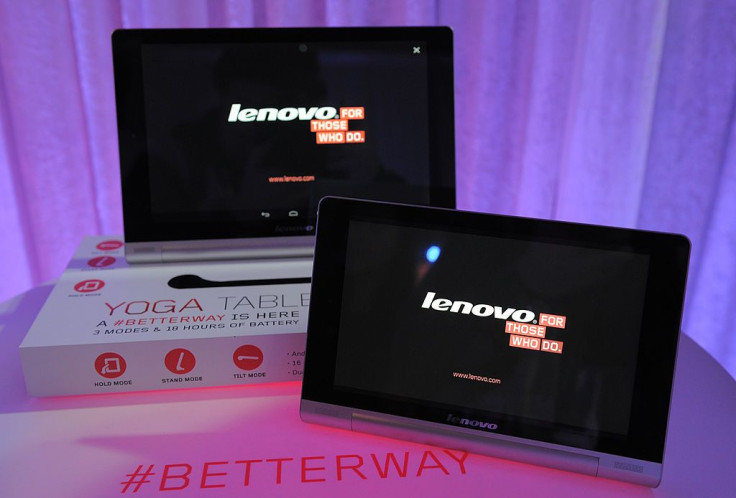Lenovo's Future Android Devices Will Come Pre-Installed With Microsoft's Apps

Microsoft has announced that it has teamed up with electronics manufacturer Lenovo. The new partnership entails that Lenovo’s future Android devices will come pre-installed with Microsoft’s productivity apps.
“Microsoft’s thrilled that our productivity apps will be pre-installed on Lenovo’s premium devices,” corporate VP of Microsoft’s OEM division Nick Parker said. “The marriage of Microsoft’s apps and Lenovo’s Android-based devices will enable customers around the world to be more productive, more connected and achieve more.”
Microsoft has confirmed that the apps that will come pre-installed on Lenovo’s upcoming Android devices include Microsoft Office, OneDrive and Skype. Lenovo has not specified which of its future products will have Microsoft’s apps, but its deal with Microsoft also includes devices from Motorola, which Lenovo currently owns.
This deal with Lenovo signals Microsoft’s shift from making smartphone hardware to providing mobile services. This also ensures that Microsoft’s products are delivered directly to consumers. After all, Lenovo is one of the largest manufacturers in China, as pointed out by Android Authority. Lenovo promises to ship millions of devices with Microsoft’s apps pre-installed over the next several years.
With the deal set in stone, Lenovo can install Microsoft’s software on its smartphones without having to pay a licensing fee. This partnership is also part of Microsoft’s licensing program expansion. The company has already made similar deals with other manufacturers such as Asus, Samsung, LG and most recently, Xiaomi. Microsoft’s licensing program is one of its most significant as the company is hoping to generate revenues and aid in profitability, according to Fortune.
Previously, Microsoft only made its software available to its own hardware products, like its Nokia Lumia phones, and to Apple’s Mac computers. The company’s Lumia phones never did catch on which is why Microsoft chose to focus on providing its software products and services instead, as pointed out by CNET.
© Copyright IBTimes 2024. All rights reserved.











